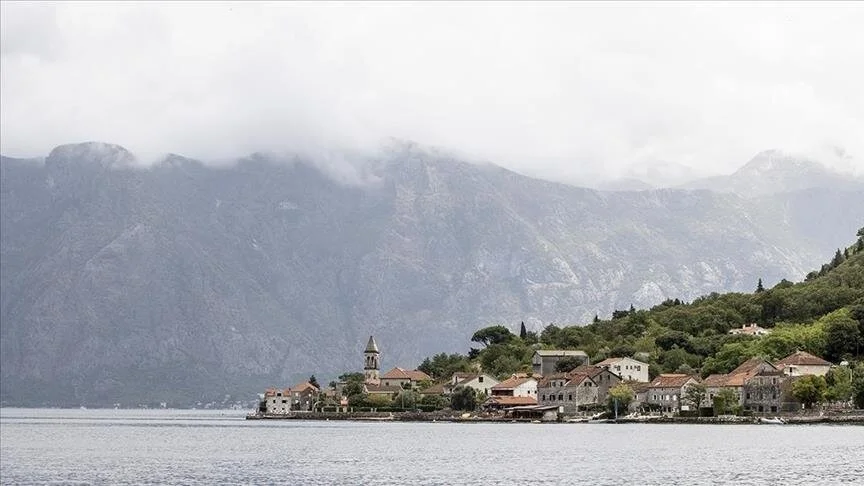PODGORICA, Montenegro
Montenegro, the smallest country in the Western Balkans, will mark on Sunday its 17th anniversary of independence.
Following the disintegration of the Socialist Federal Republic of Yugoslavia in the 1990s, Montenegro, which was under one roof with Serbia for a while, first as the Federal Republic of Yugoslavia and then as Serbia-Montenegro, became independent with the historical referendum of May 21, 2006.
Montenegro joined the Federal Republic of Yugoslavia, comprising the Republic of Serbia and the Republic of Montenegro after the disintegration of the Socialist Federal Republic of Yugoslavia in the 1990s.
In February 2003, it was transformed from a federal republic to a political union called Serbia-Montenegro until Montenegro seceded from the union by holding a referendum on independence in 2006.
Home to popular tourist destinations such as Budva and Kotor, Montenegro has a population of approximately 620,000 people.
Montenegro’s capital Podgorica, the largest city in the country, serves as its administrative, economic, and cultural center. It’s official language is Montenegrin.
In the second-round of the country’s presidential runoff on April 2, Montenegro’s former minister of economic development Jakov Milatovic from the newly-formed Europe Now group became the new president.
Based on the 2011 census in Montenegro, approximately 72.07% of the country’s population identified as Orthodox, while the Muslim population accounted for around 19.11%, and the Catholic population constituted around 3.44% of the total population.
It became the 29th member of NATO on June 5, 2017, and with this move, it took an important step in its short history of independence.
Montenegro is considered as the country closest to EU membership in the Western Balkans region.
Despite the opposition in the country, Montenegro shows strong commitment to pursuing European Union membership.
Montenegro, which made its official membership application to the EU on Dec.15, 2008, was granted official candidate status by the European Council on Dec. 17, 2010.
The Balkan country, which officially started negotiations for EU accession on June 29, 2012, has opened 31 of 33 negotiation chapters so far.

